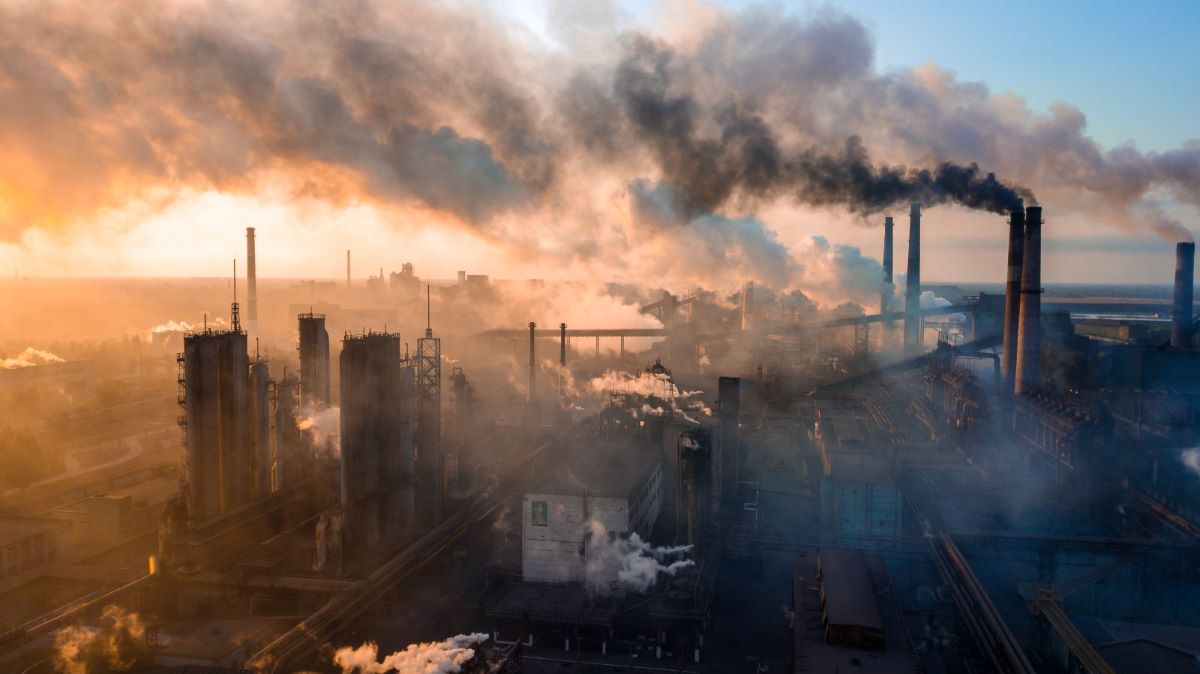Why have lofty environmental promises turned into fleeting ambitions? Is the UK genuinely on a path to sustainability, or is it all smoke and mirrors?
1. Air Pollution: A Lingering Threat
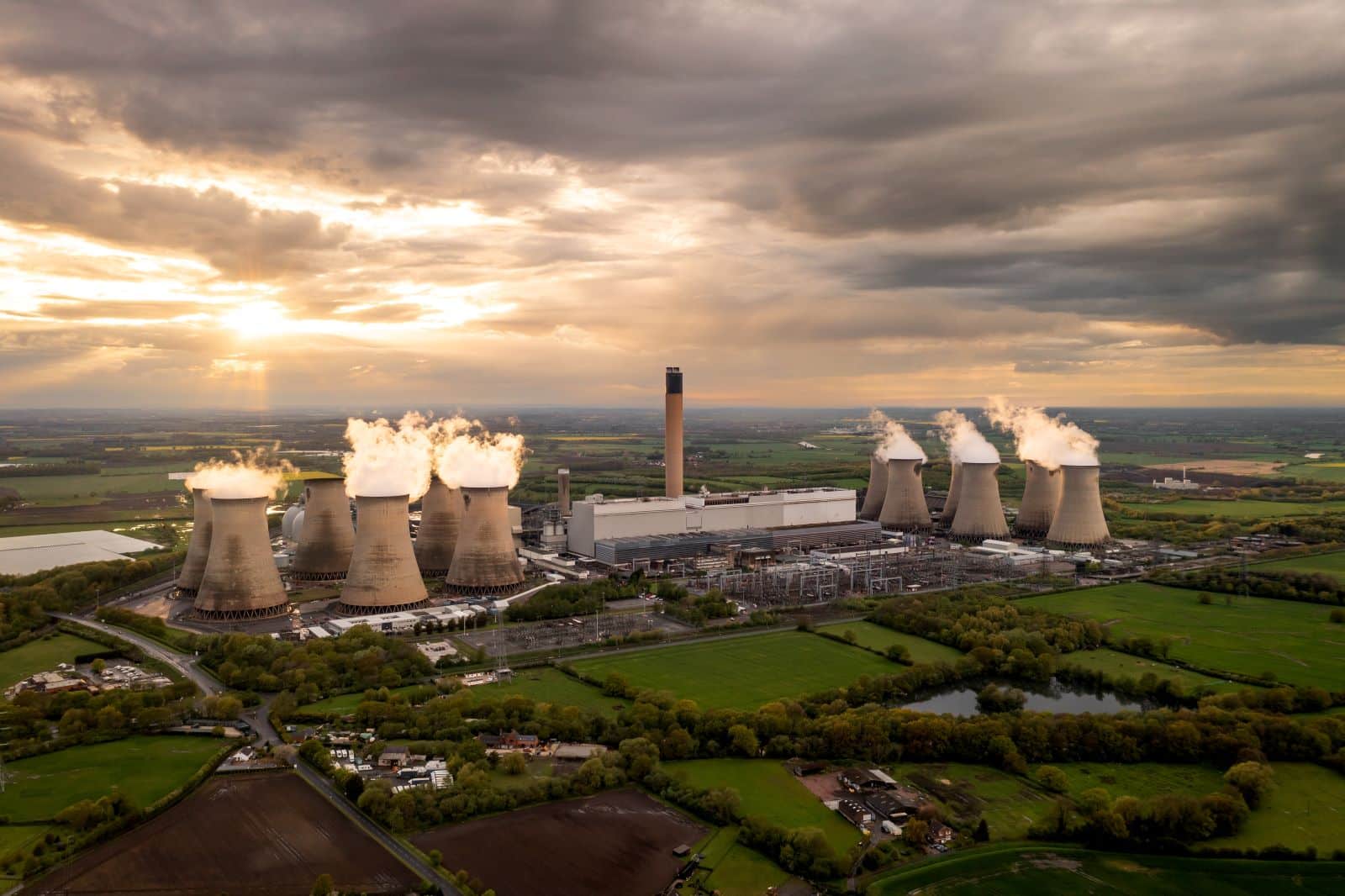
Despite targets to reduce air pollution, urban centres like London still suffer from dangerously high levels of contaminants. The government’s slow response has left many citizens vulnerable to the health risks posed by poor air quality, resulting in thousands of premature deaths each year.
2. Offshore Wind Delays
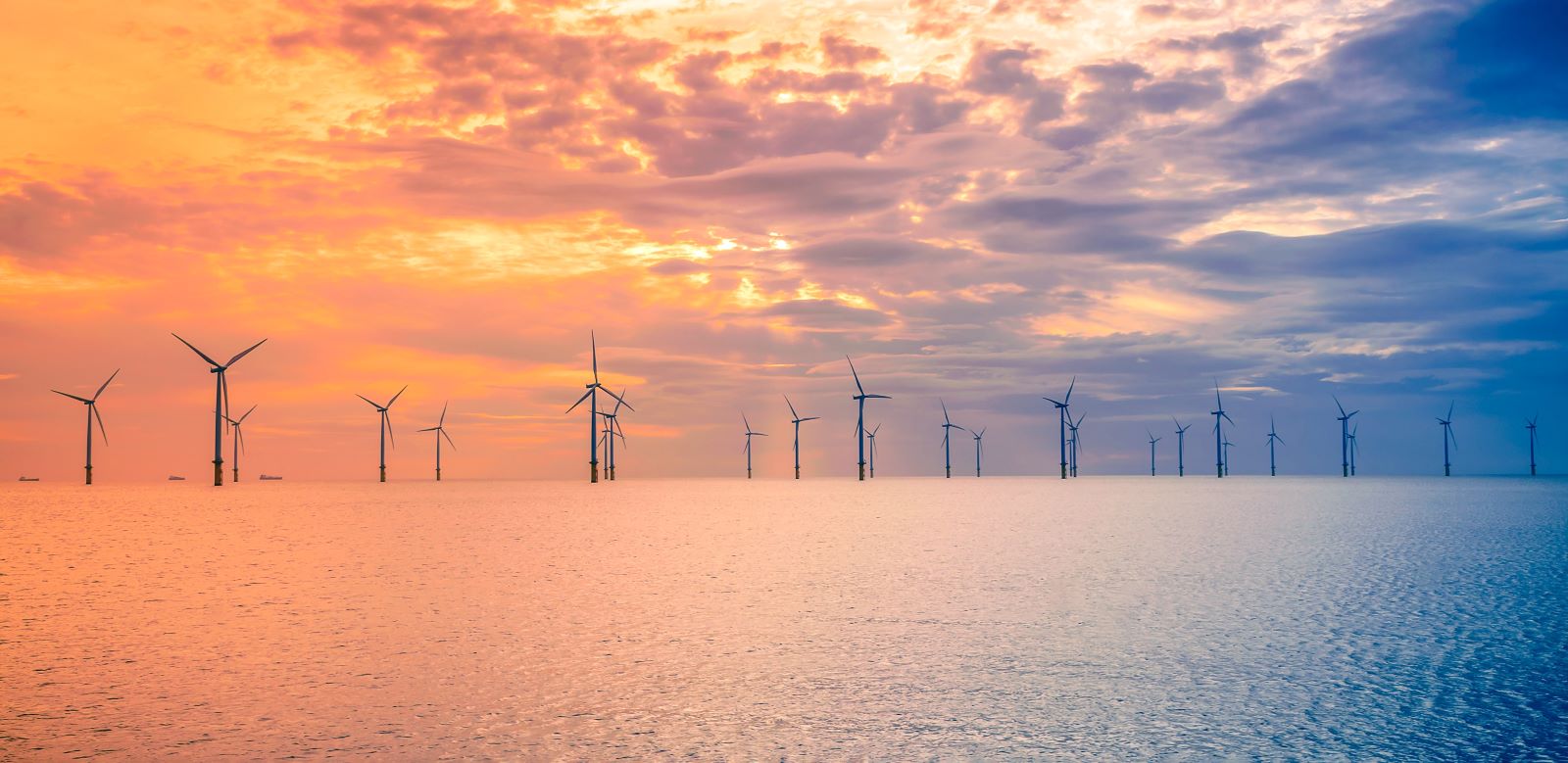
Offshore wind was supposed to be a cornerstone of the UK’s renewable energy strategy. However, delays in project approvals and inconsistent policies have hindered progress. The target of 50GW by 2030 now seems increasingly out of reach as developers warn that the government’s inaction is stalling progress.
3. The Net Zero Quandary
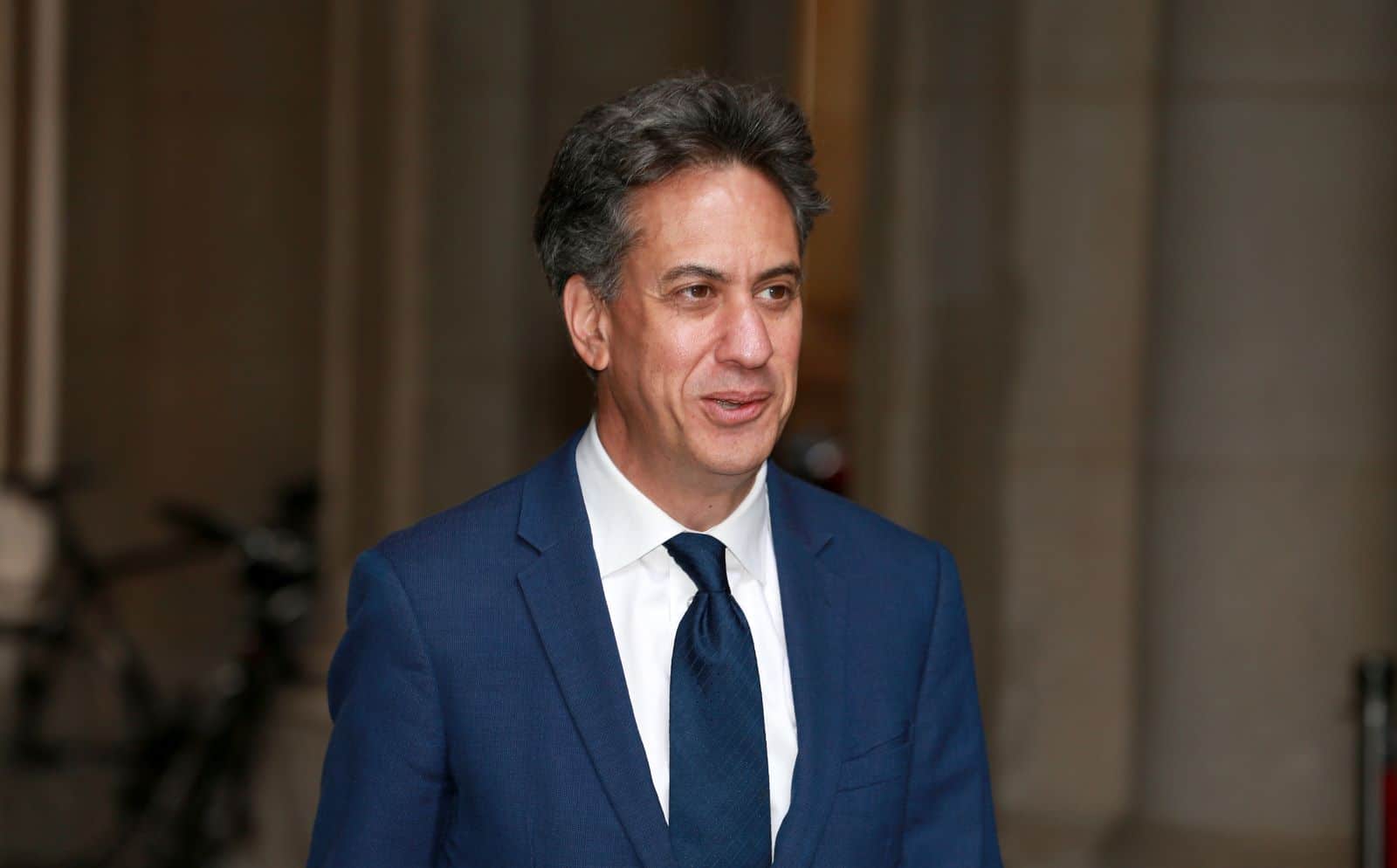
The UK’s net zero ambitions are at a critical juncture. The lack of coherent policies has frustrated industry leaders who argue that the government is not doing enough to encourage the necessary investments. With Ed Miliband now tasked with overseeing the country’s energy security, all eyes are on how he will handle the challenges ahead.
4. Flooding Fiasco
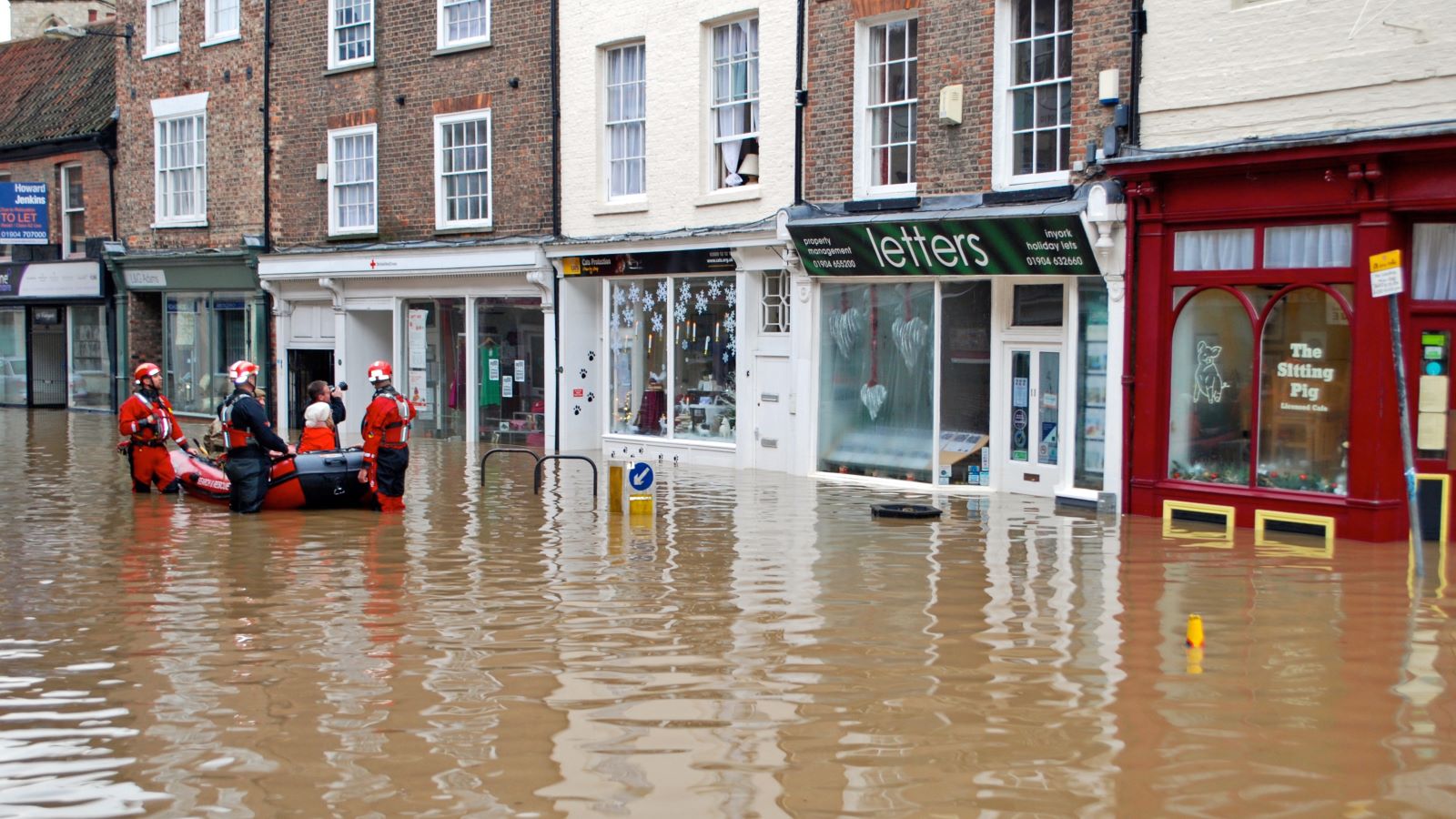
With climate change intensifying the frequency of extreme weather, the UK’s flood management systems have shown their age. Communities across the country are at risk, and yet, the government’s efforts to update and strengthen these systems have been woefully inadequate.
5. The Biodiversity Decline
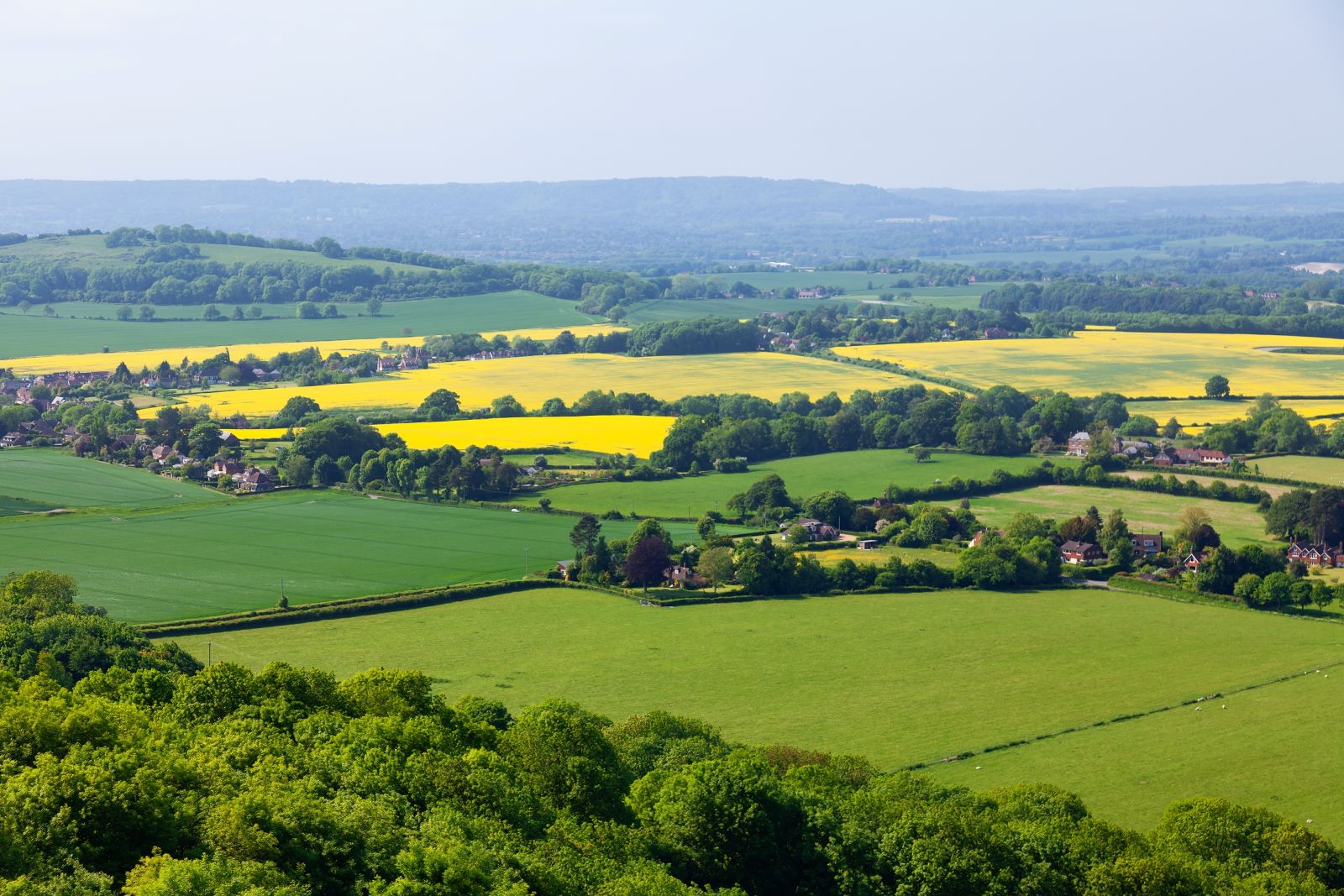
The UK continues to see a decline in biodiversity, with nearly 16% of species under threat of extinction. Environment Secretary Steve Reed has acknowledged that the country is one of the most nature-depleted in the world, but his plans to reverse this decline will require substantial resources and sustained political will.
6. Sewage Scandal Persists
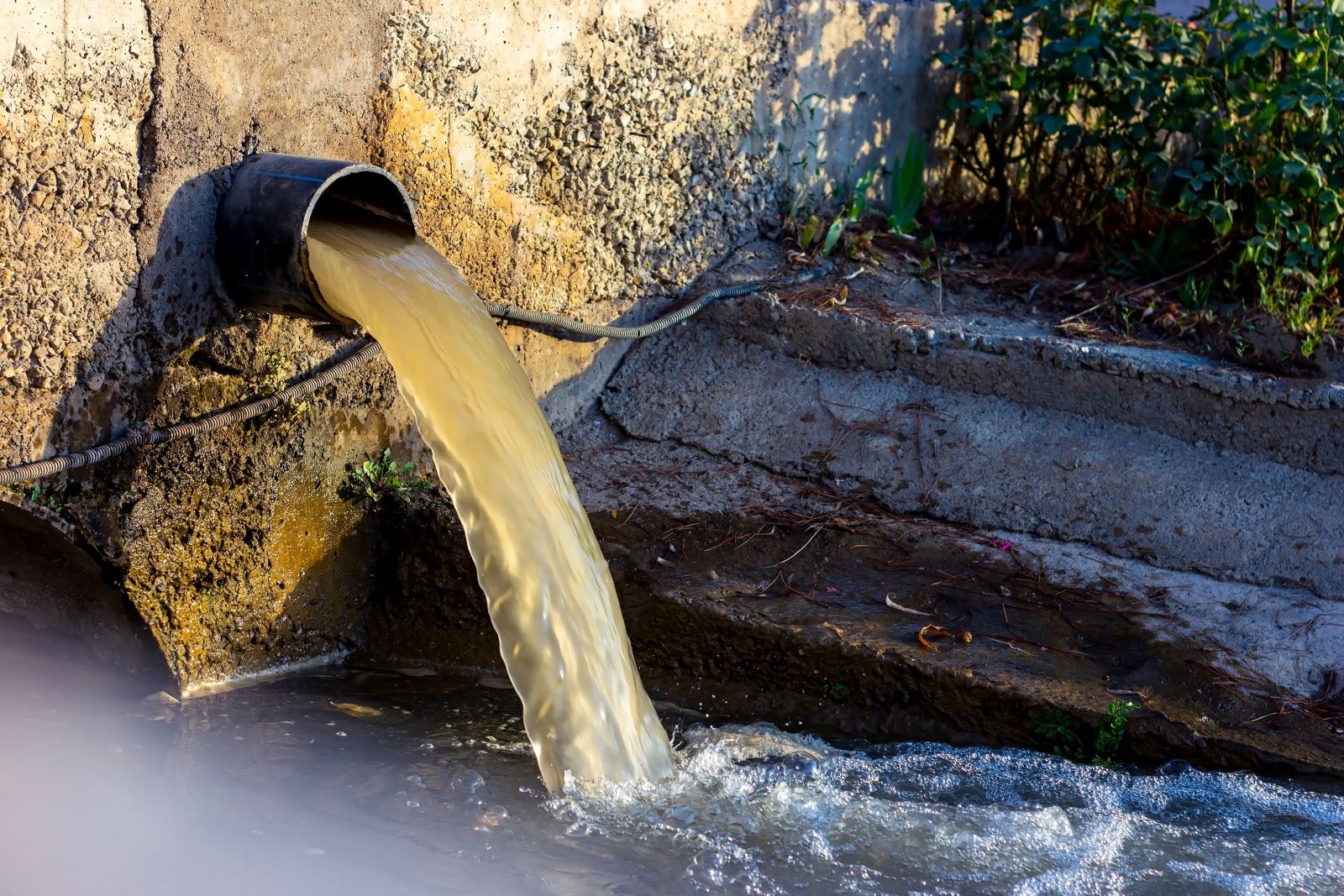
The sewage crisis in England remains a significant environmental failure, with over 300,000 instances of raw sewage being discharged into rivers and seas in 2023. Despite public outcry and repeated promises of reform, water companies continue to prioritise profits while regulators struggle to enforce meaningful penalties.
7. Hydrogen: The Promised Energy Revolution?
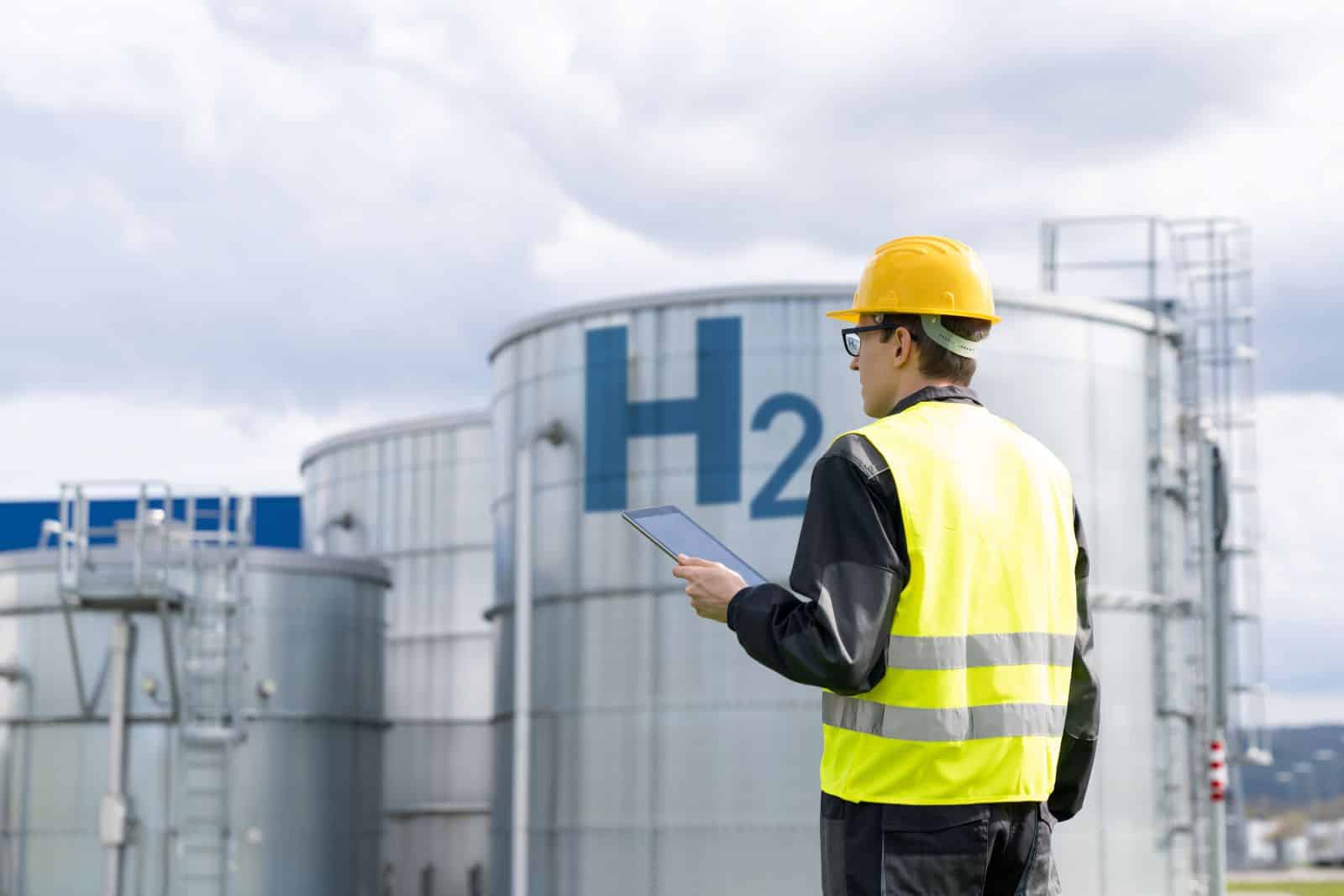
Hydrogen power has been lauded as a future solution to the UK’s energy needs, but so far, the transition from potential to reality has been slow. Despite government celebrations of initiatives like “Hydrogen Week,” the necessary investments and infrastructure are still lacking, leaving this technology largely on the sidelines.
8. Plastic Waste: A Persistent Problem
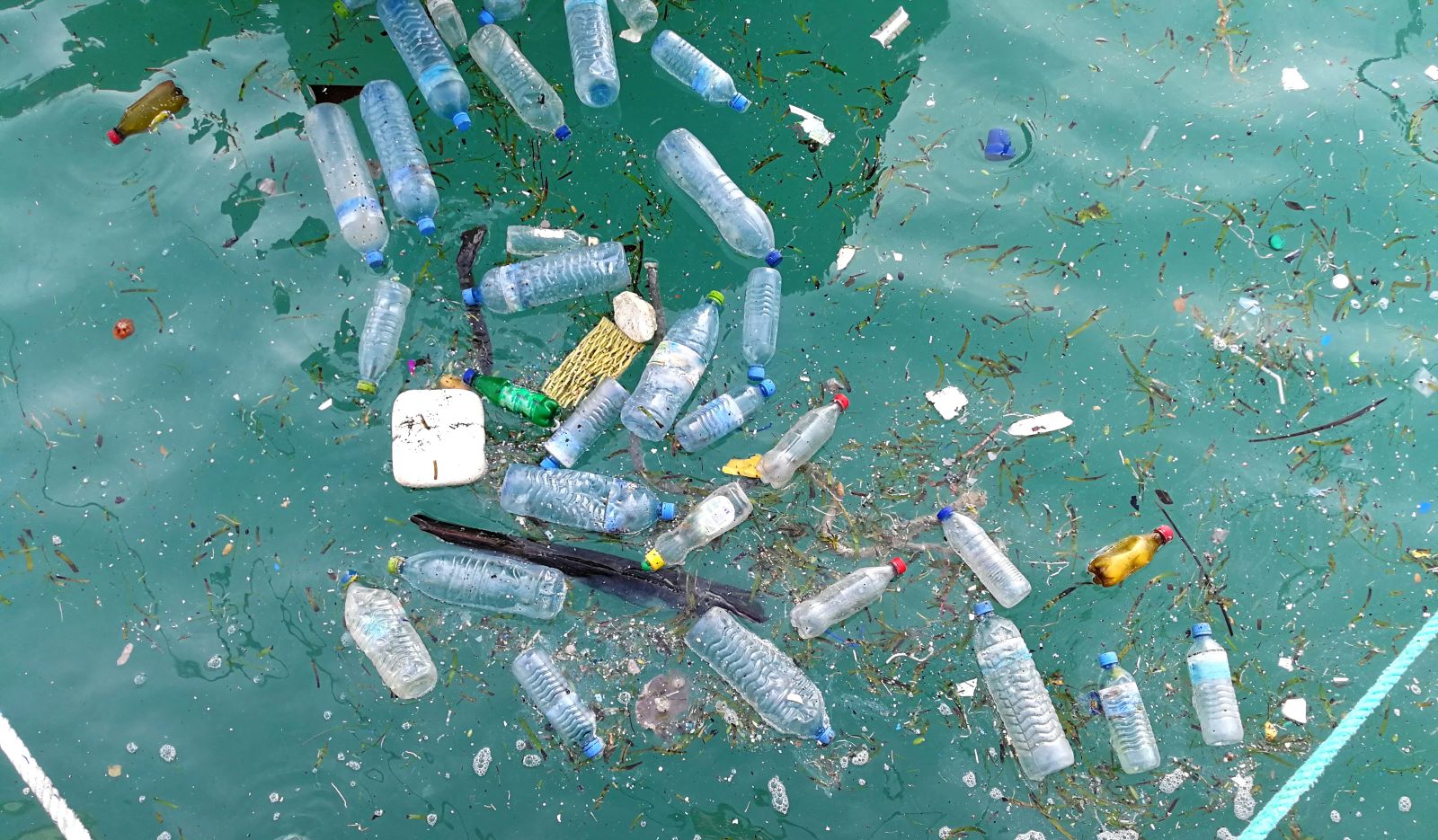
The UK government has taken steps to reduce plastic waste, such as banning non-biodegradable wet wipes. However, environmental groups argue that these measures are insufficient. Beaches are still overwhelmed with plastic litter, and recycling rates have stagnated, pointing to the need for more robust action on waste management.
9. The Forgotten Reservoirs
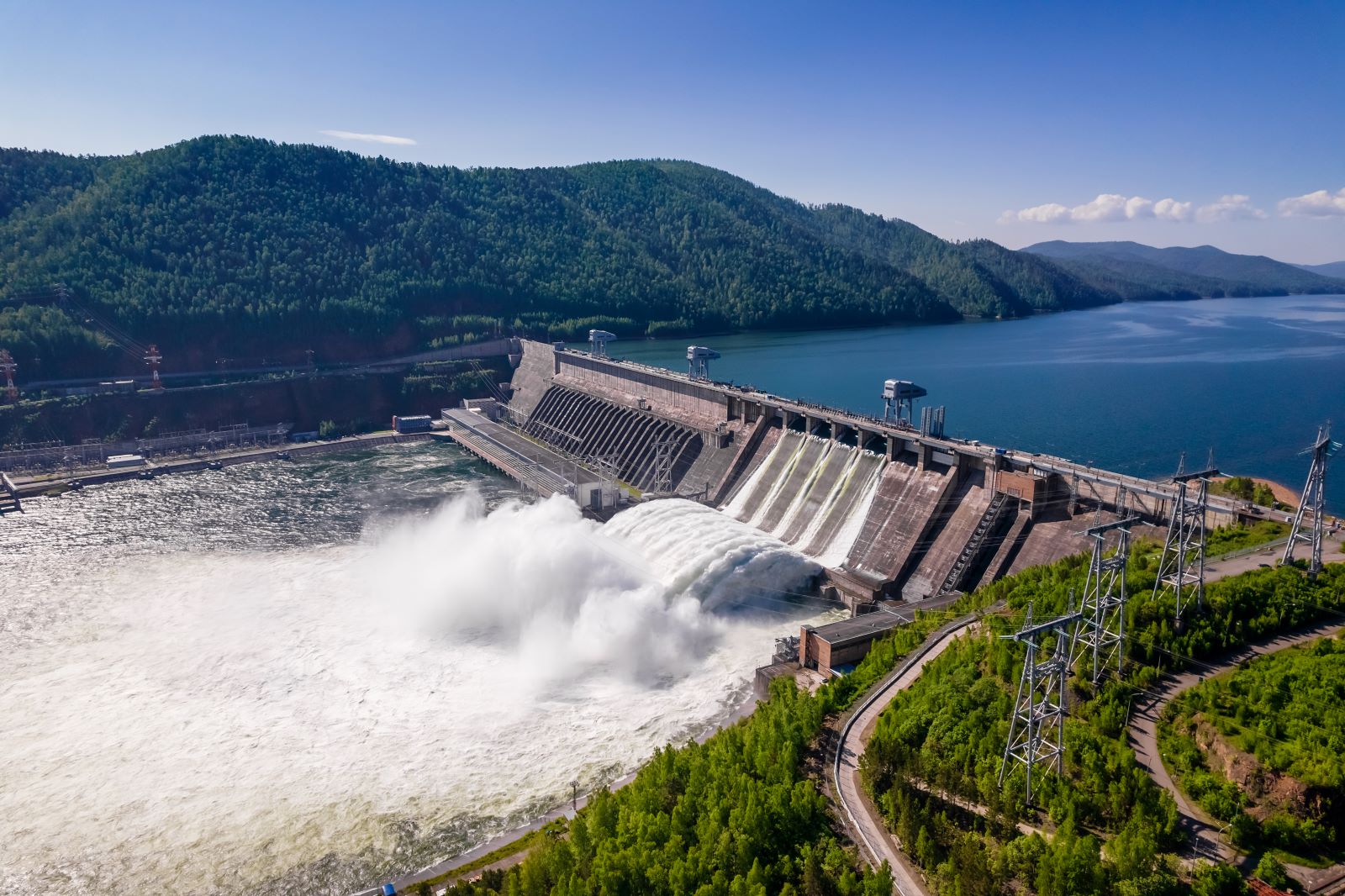
Water scarcity is an issue that the UK has been slow to address. No major new reservoir has been built since 1991, despite increasing concerns over water security in the face of climate change. Government inaction has left the country vulnerable to future droughts.
10. Carbon Capture: Progress Stalled
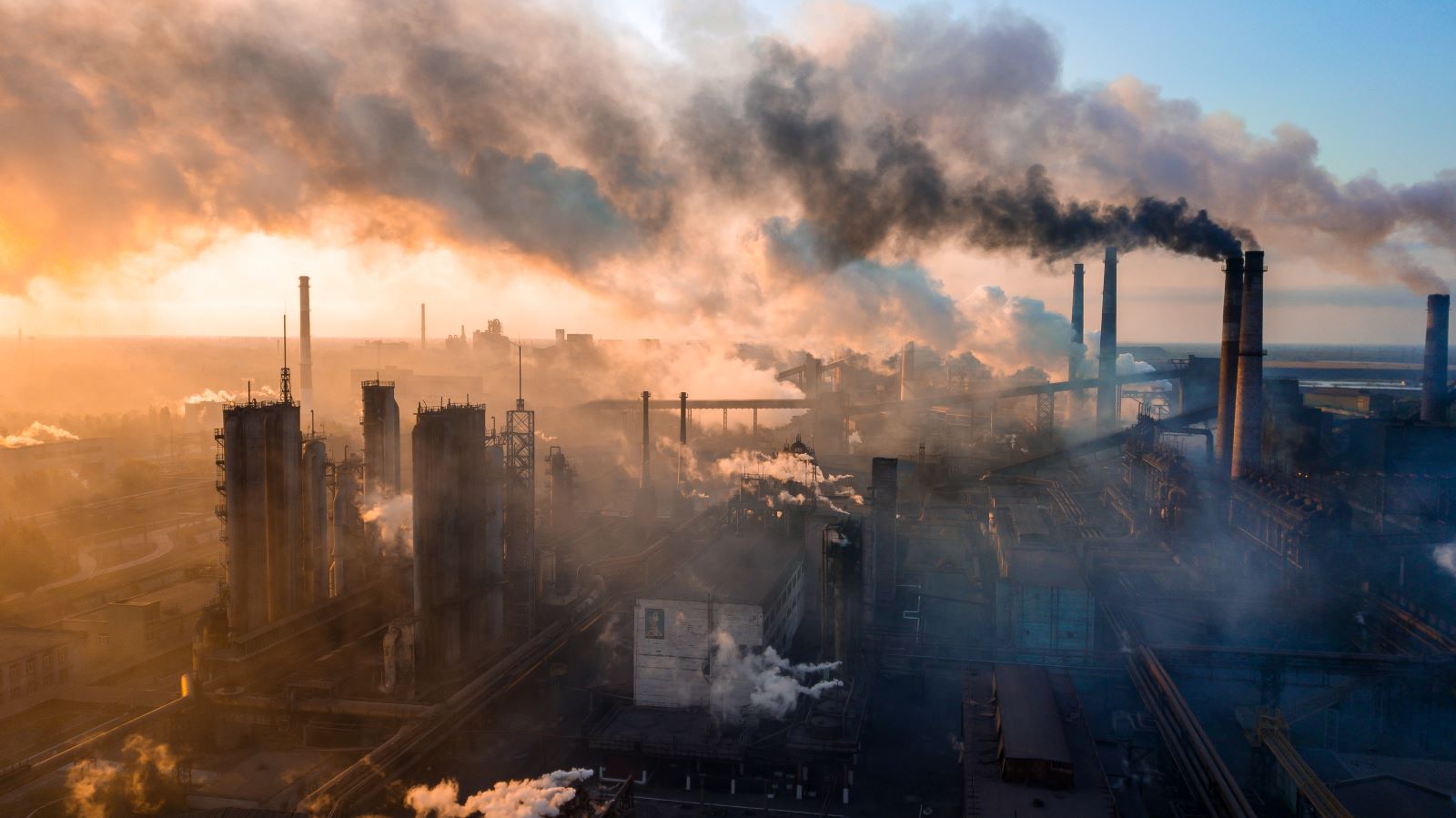
Carbon capture technology holds great promise for reducing emissions, but the UK’s efforts in this area have been minimal. While SSE’s Keadby 3 project shows potential, broader adoption of carbon capture remains a distant goal without more robust government support.
11. Waste Management in Crisis

The UK’s waste management system is faltering, with recycling rates stagnating and landfill usage remaining high. Despite government claims of progress through its Environmental Improvement Plan, critics argue that the country is far from where it needs to be in terms of waste reform.
12. Energy Security at Risk
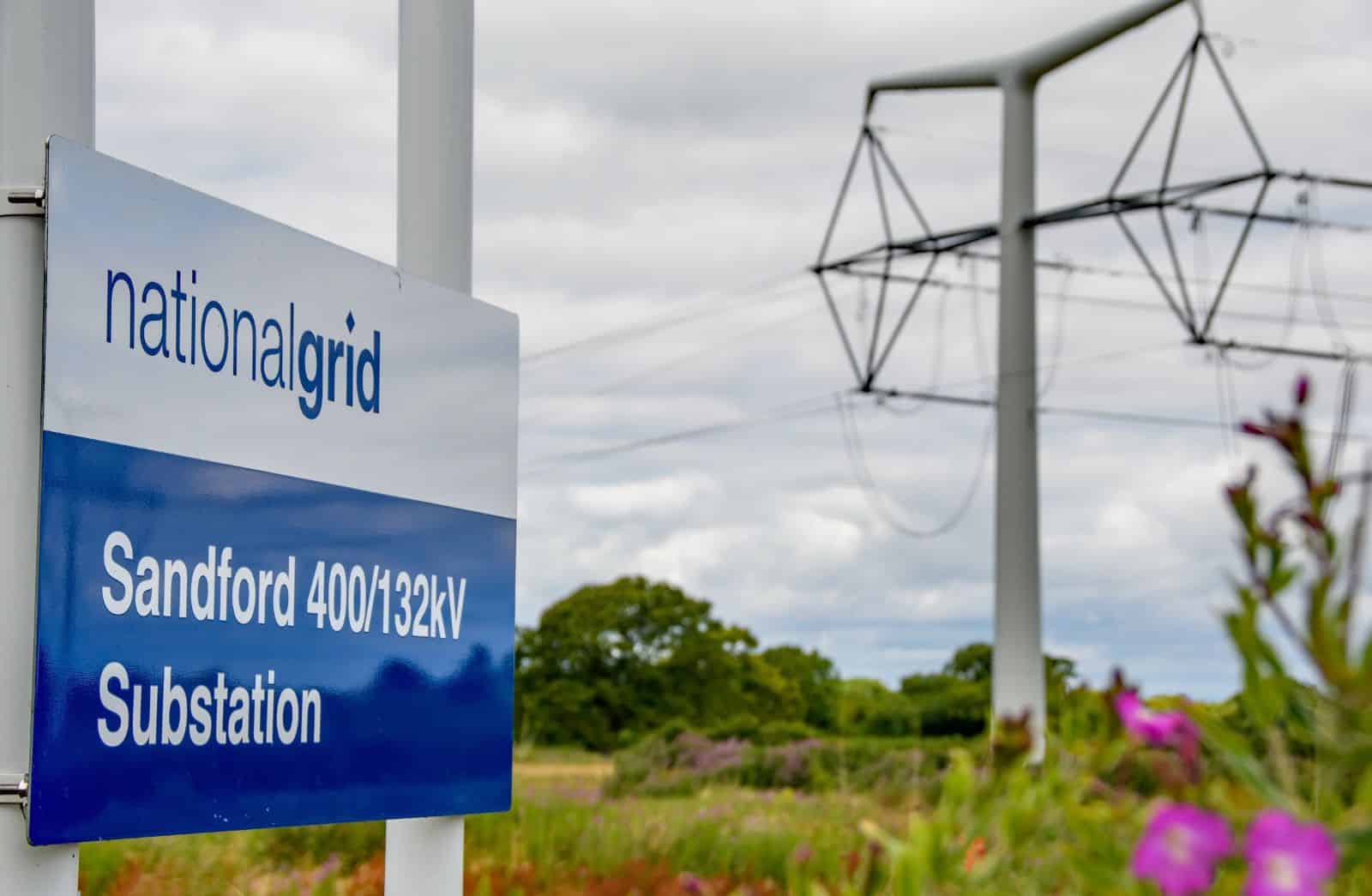
The UK’s energy security is increasingly uncertain as delays in renewable energy projects continue. Without a clear, coherent energy policy, the country risks facing energy shortages and rising costs in the years to come. The current government’s failure to provide direction is causing widespread concern.
13. The Environmental Cost of Inaction

The long-term cost of environmental inaction is staggering. Delays in addressing issues such as waste management, renewable energy, and biodiversity are locking in future costs—both financial and environmental. Experts warn that the UK cannot afford to continue putting off necessary reforms.
14. Marine Pollution: A Crisis on the Coastline

Plastic pollution continues to plague the UK’s coastlines, with plastic items making up 88% of all beach litter. Despite government announcements of new environmental strategies, tangible progress on reducing marine pollution remains elusive, leaving marine ecosystems at risk.
15. Storm Overflows: 2050 and Beyond
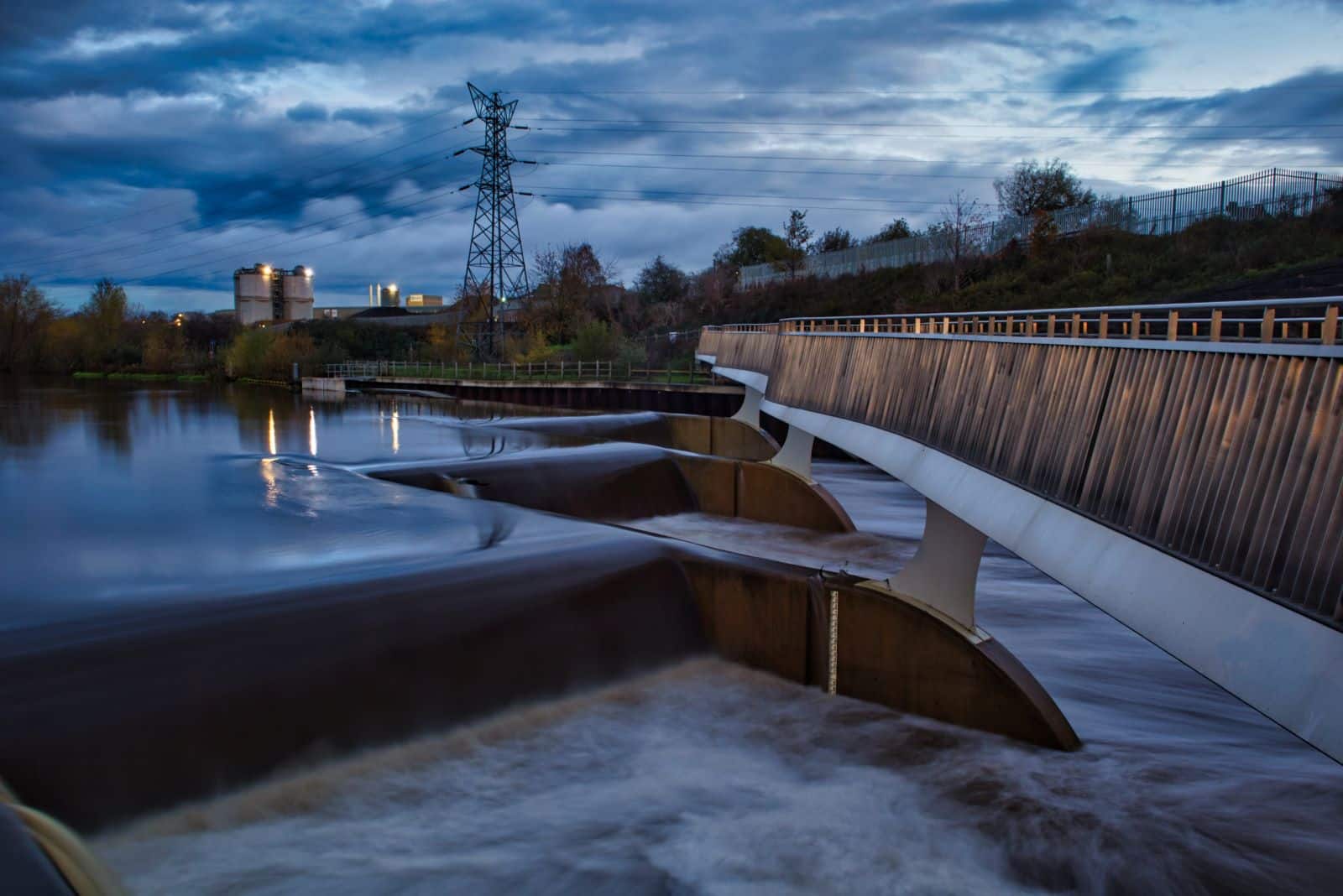
The government’s promise to end storm overflows by 2050 has been met with widespread criticism. Until then, raw sewage will continue to pollute the UK’s rivers and seas. Environmentalists have expressed frustration that the government’s timelines are far too slow to address the urgent nature of the problem.
16. Corporate Greenwashing
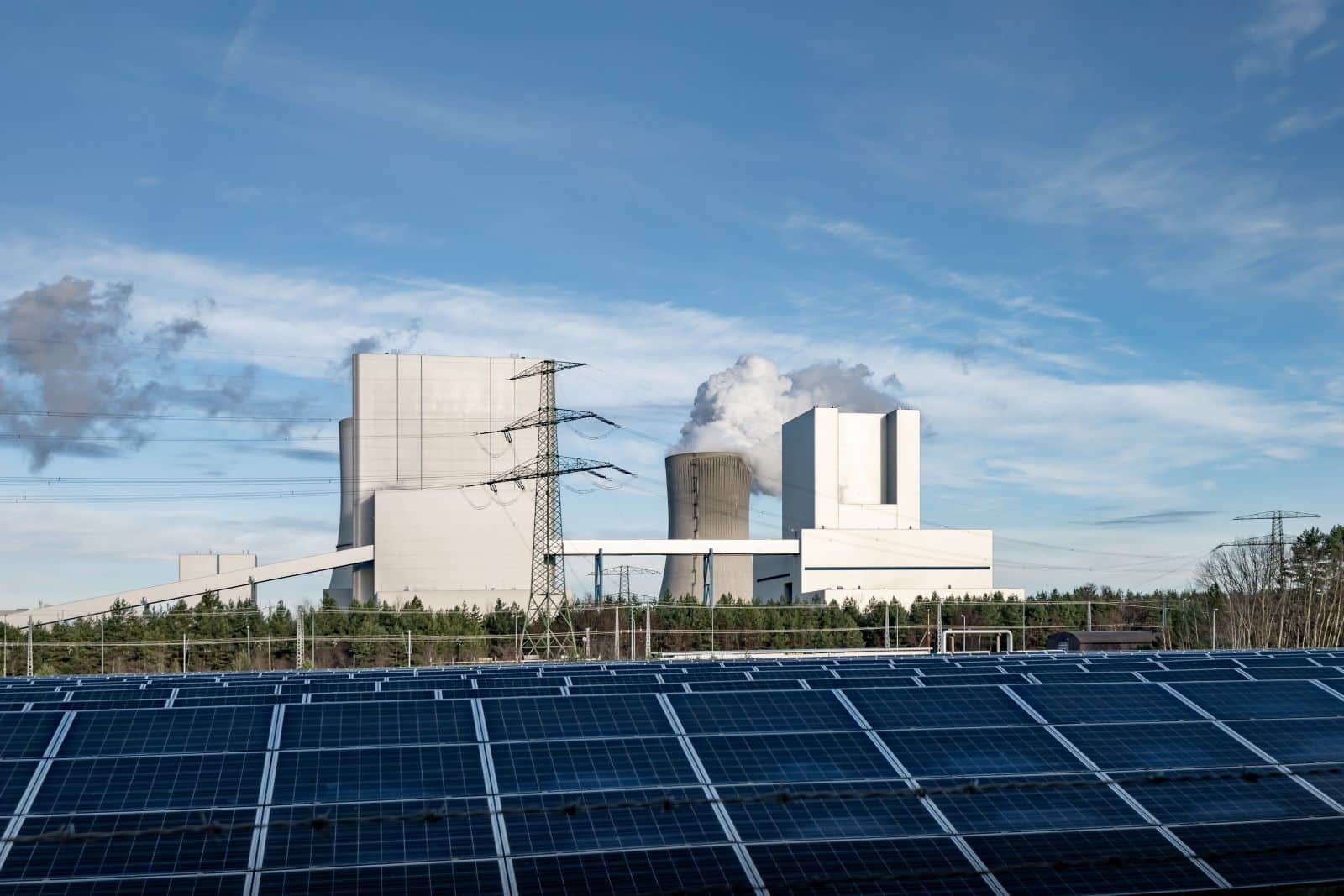
Corporate greenwashing remains a significant issue in the UK, with companies making exaggerated claims about their environmental efforts. Despite widespread recognition of the problem, the government has done little to crack down on misleading corporate practices, allowing companies to profit from deception while real environmental issues remain unaddressed.
17. Nuclear Energy: The Endless Debate
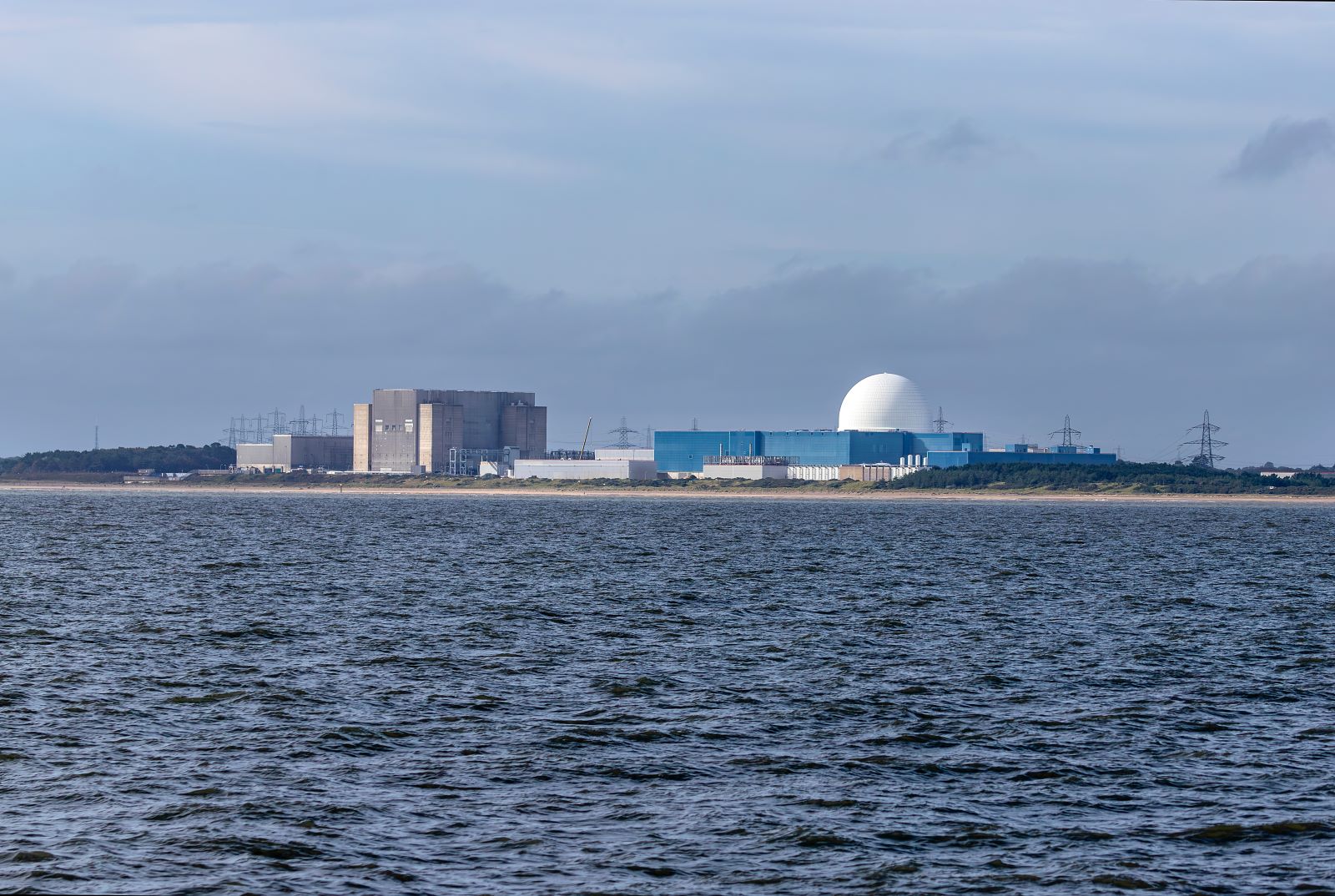
The debate over nuclear energy continues to divide opinion in the UK. Some argue that nuclear is a necessary part of the country’s energy future, while others push for a focus on renewable sources like wind and solar. The government’s indecision on the issue has delayed progress on all fronts, leaving the country without a clear path forward.
18. Greenwashing Profits from Sewage
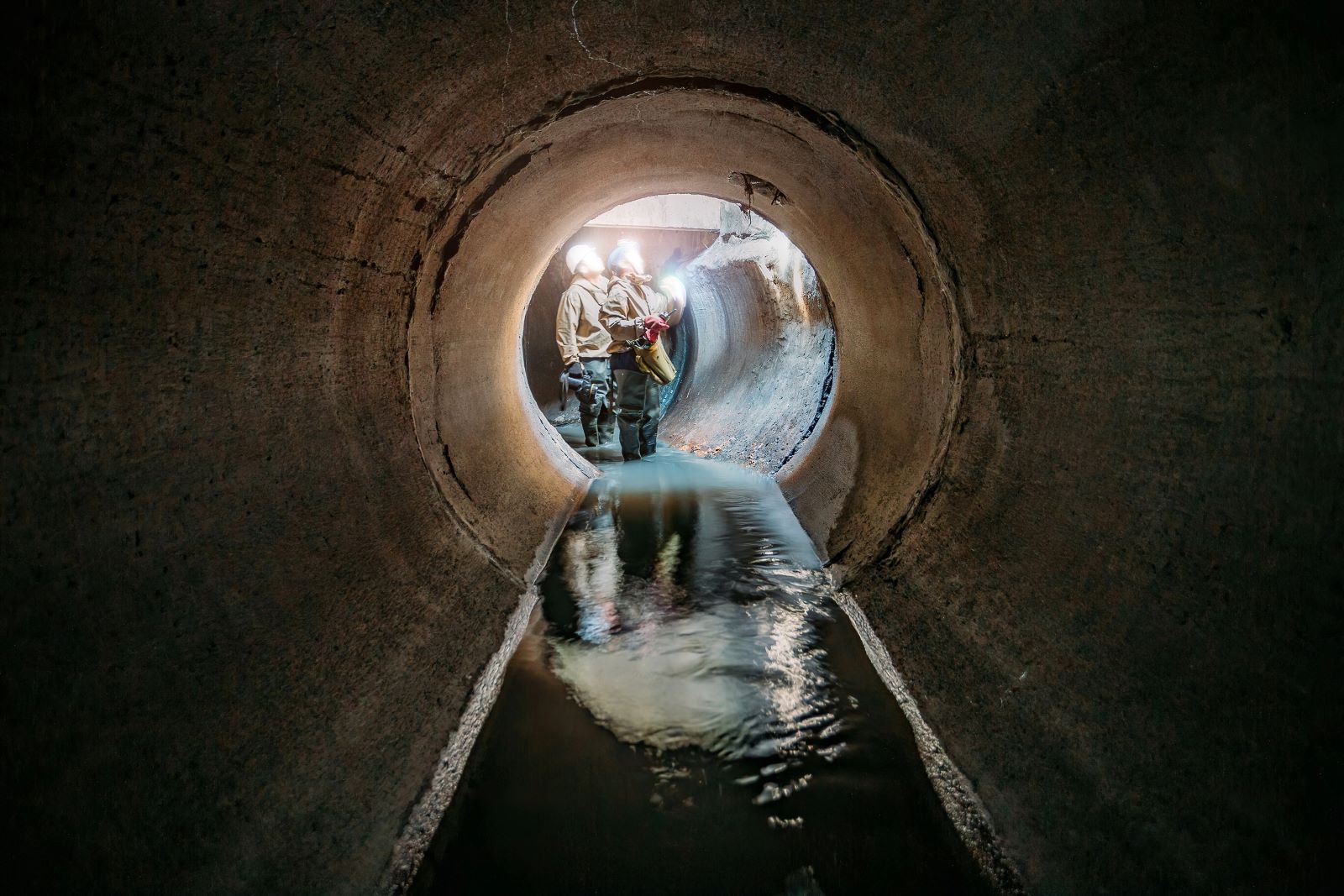
The persistent sewage crisis isn’t just an environmental issue; it’s also a financial one. Water companies have continued to rake in profits while ignoring their environmental responsibilities. Despite public outrage, little has been done to hold these companies accountable for the damage they’ve caused.
19. Decarbonisation Derailed
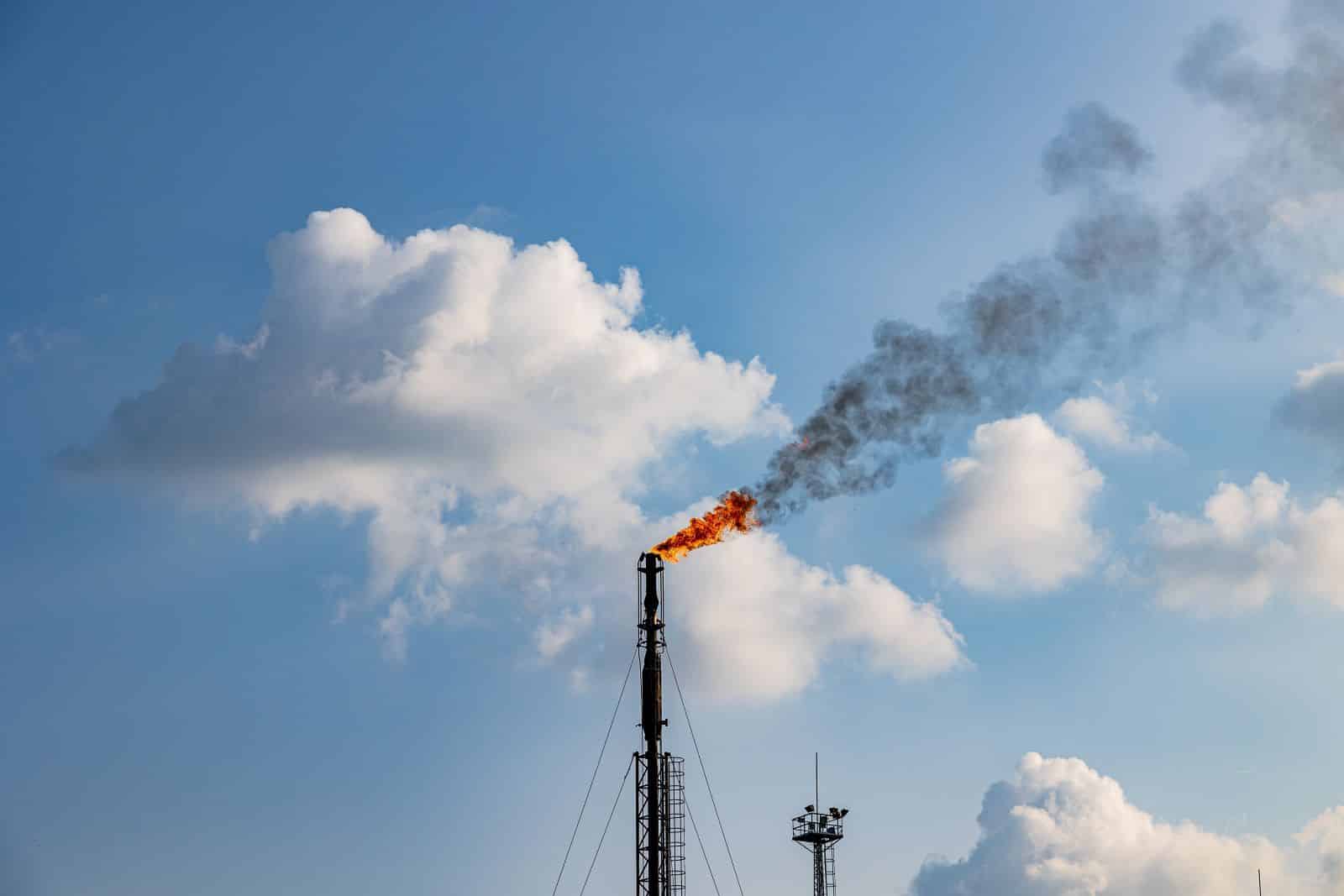
The UK’s decarbonisation goals are under threat due to a lack of clear policies and leadership. Industry leaders have called out the government for its failure to deliver on its promises, warning that without significant changes, the country will fall short of its climate goals.
20. Flooding the Future: A Crisis in Waiting
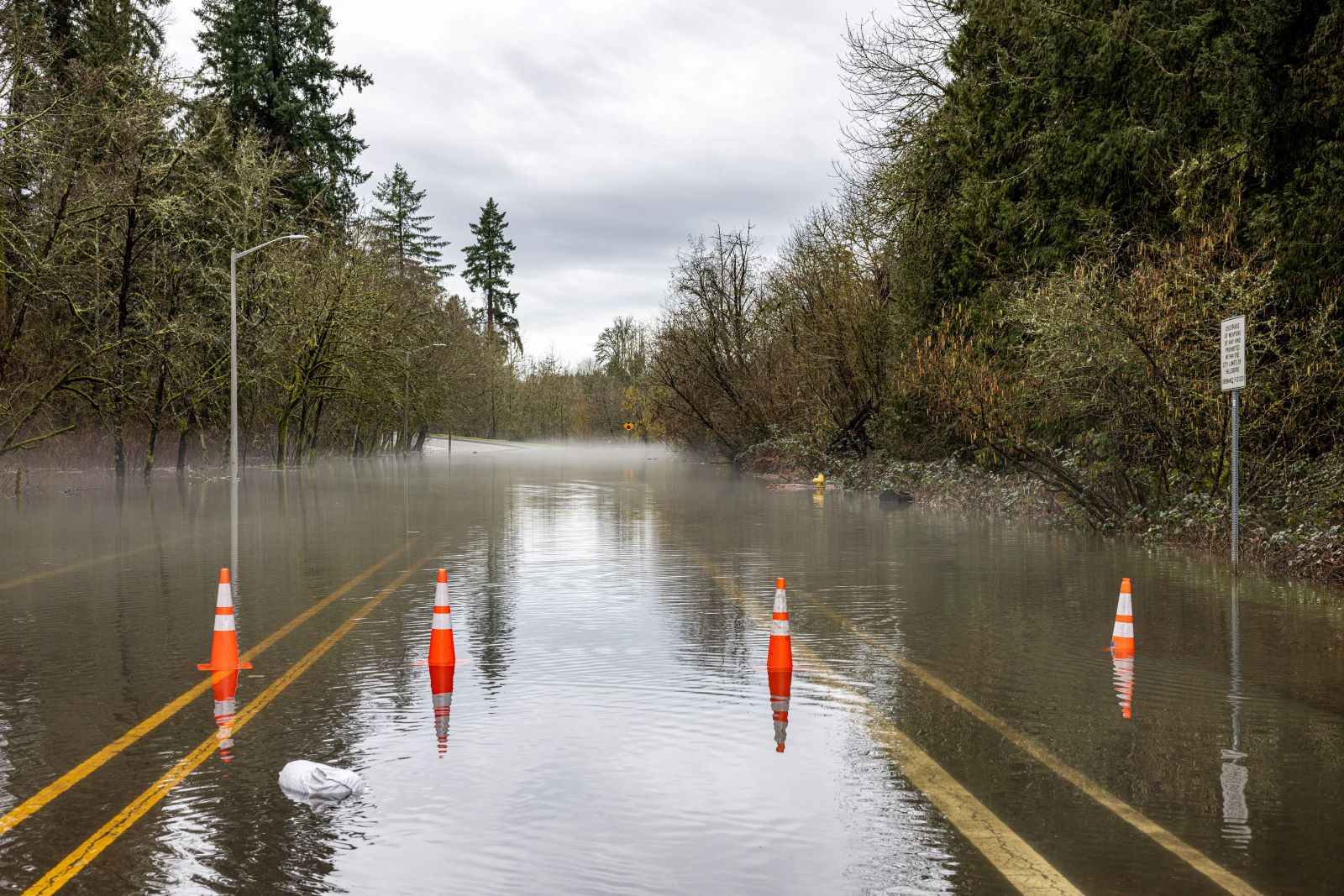
As climate change increases the frequency of extreme weather events, the UK’s outdated flood management systems are proving to be inadequate. Communities across the country are vulnerable to the impacts of flooding, yet the government has been slow to implement necessary reforms to protect against future disasters.
Is Change Coming Too Late?

Can the UK turn its environmental promises into action, or will it continue to be bogged down by indecision and delay? Time is running out for a sustainable future.
Featured Image Credit: Shutterstock / TR STOK.
For transparency, this content was partly developed with AI assistance and carefully curated by an experienced editor to be informative and ensure accuracy.
The images used are for illustrative purposes only and may not represent the actual people or places mentioned in the article.

